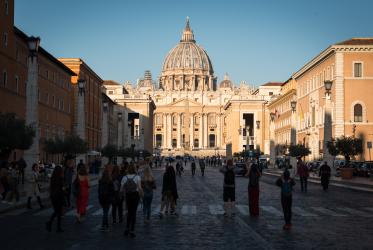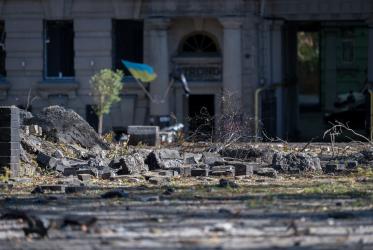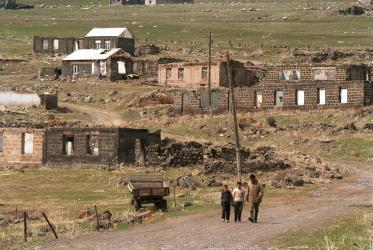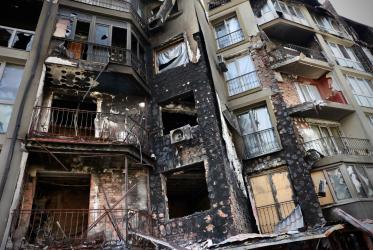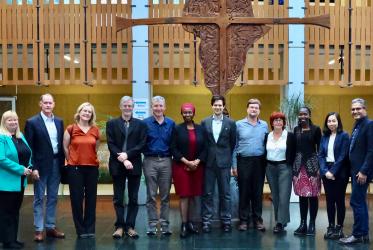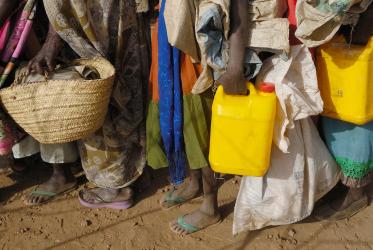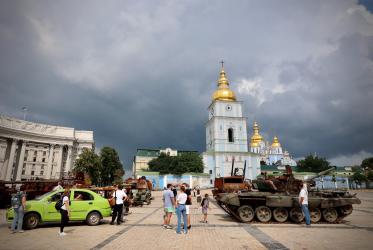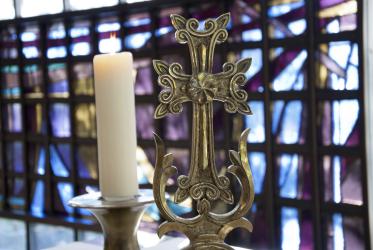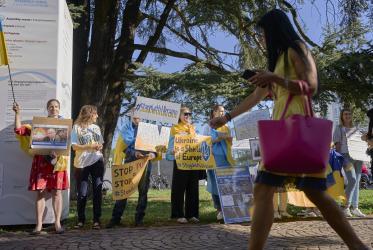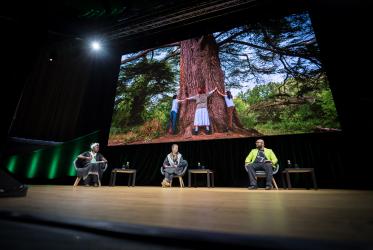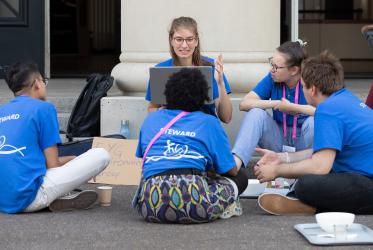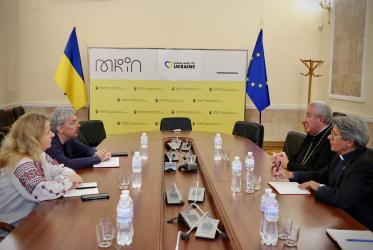Displaying 41 - 60 of 646
22 February 2023
WCC denounces continuing attacks on civilians in Ukraine
16 January 2023
WCC acting general secretary visits Moscow
17 October 2022
WCC releases minute on consequences of the 2020 Nagorno-Karabakh war
08 September 2022
Press conference: “We've seen the climate crisis coming for a long time”
01 September 2022
Plenary affirms God’s love in the whole of creation
01 September 2022
Youth organize for climate justice
01 September 2022

